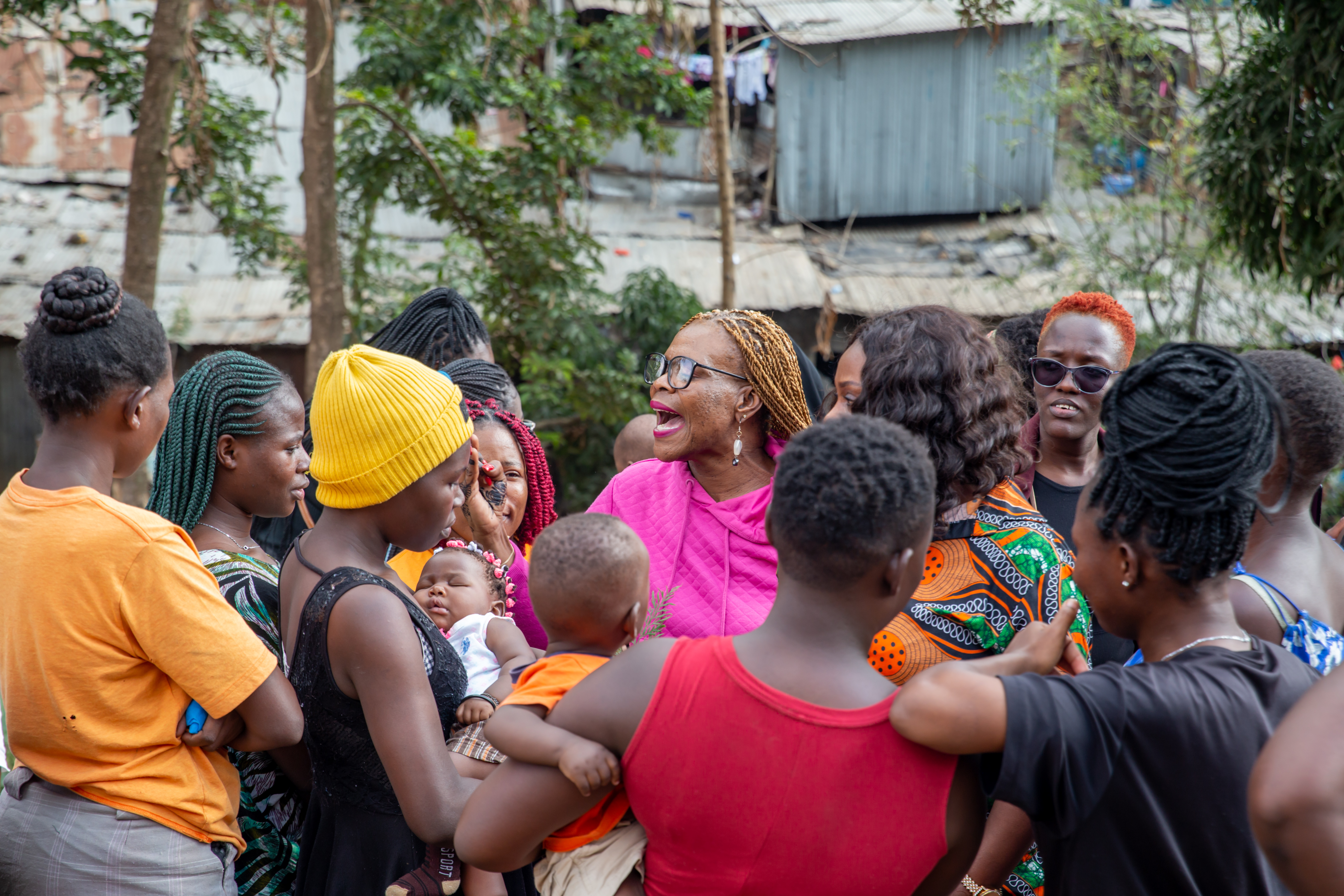
The Hidden Cost of Care: Why Africa Needs to Rethink its Tax Systems
Care work – the invisible backbone of society – keeps our families, communities, and economies afloat. Yet, the current system is deeply unfair. It’s gendered, racialized, and classist, exploiting women’s labour at home and in paid jobs. This perpetuates gender inequality and undermines women’s rights. The COVID-19 pandemic exposed this crisis, but the reality is, unpaid care remains undervalued, unrecognized, and unfairly distributed. Women shoulder a disproportionate burden, limiting their access to education, fulfilling careers, and participation in public life. It’s time for a tax system that reflects this reality and promotes justice.
Africa stands out as a region with the most imbalanced “care system.” A staggering 70% of care falls on women within families. The remaining 30%, often provided by underpaid or volunteer women in public, private, and non-profit sectors, receives minimal resources. This system is unsustainable and reinforces existing gender power imbalances.

The Africa Care Economy Index paints a stark picture: while some African countries offer moderate maternity leave, parental leave is virtually non-existent. Socialized care services for children, the elderly, people with disabilities, and healthcare are scarce across the continent. This reality forces a reliance on unpaid care work, often performed by women. This invisible labour not only sustains families but also underpins food production and processing. However, minimal public investment in agriculture leaves the continent vulnerable to food insecurity.
Addressing the care economy is not simply about recognizing the burden women shoulder. It is about unlocking economic potential and building resilience. Feminist tax justice advocates argue for a transformative approach to rebuild the social organisation of care by recognizing care as a human right; rewarding and renumerating caregivers through equal pay for work of equal value, decent pensions, dignified working conditions and comprehensive social protection; reducing the burden of unpaid care work on women; and redistributing care responsibilities within and beyond households. Most importantly, reclaiming the public sphere of care necessitates a renewed state duty to provide these services.
Neoliberal tax structures, however, present a formidable obstacle. They perpetuate the extraction of wealth from the Global South, prioritizing the interests of multinational corporations and the wealthy elite over the well-being of citizens. In Africa, for instance, tax systems are riddled with leakages – exemplified by tax breaks and exemptions as well as loopholes within tax laws that facilitate and haemorrhaging resources due to illicit financial flows, costing the continent an estimated 88.6 billion USD annually.
When these leakages erode the tax base of countries, it means governments are faced with shortages to finance public services which cater to the provision of care. Worse still, with African countries only collecting an average of 15.6% of the GDP from taxes, they have been forced to resort to debt as an alternative to fill the financing gap. By 2022, African countries owed over US$655.6 billion to external creditors which amounted to 22.8% of their collective GDP. As a result, debt servicing in Africa equals combined total spending on education, health, social protection and climate and exceeds it by 50%. This is 2.5 times education spending, 4 times health spending, and 11 times social protection spending. This is evidence to the argument that governments will often cut back spending on public to fulfil their commitments towards debt repayments.
When governments are unable to raise sufficient resources, they abandon their responsibility to fund public services like healthcare and childcare to the private sector. This creates a system rigged against women. Privatization pushes these essential services out of reach for most, leaving them as burdens to be shouldered by women, already the most marginalized group. This creates a cruel double-bind: women are expected to perform the unpaid labour of caregiving at home, while also facing limited access to paid work due to time constraints. If they cannot provide care directly, they are forced to take on debt to pay user fees or out-of-pocket costs. Even eliminating user fees does not erase the problem – private service providers, often unregulated, can exploit caregivers (who are mostly women) with low wages and poor working conditions.
This system thrives on the backs of women’s unpaid labour. By failing to invest in public services, governments transfer the cost of care onto women, deepening existing inequalities and pushing families into debt.
The solution lies in fair and progressive taxation to raise resources that can be used to fund public services by;
- Closing leakages in tax systems by limiting the award of tax incentives and exemptions and further reviewing tax laws and existing treaties to close the loopholes that allow for tax avoidance and evasion.
- Establishing an inclusive intergovernmental United Nations Global Tax body, to ensure equal taxing rights among states and stop all forms of tax abuse by multinational corporations and the wealthy elites
- Tax systems must also recognize the value of care work. This means considering the unique needs of caregivers, both paid and unpaid, and creating systems that value their contributions. Women, who are at the heart of caregiving, should have a voice in designing these policies.
Ultimately, tax justice is key to achieving gender equality and ensuring a dignified life for women and girls. By investing in public care services, we can free women to participate fully in society and create a future where care is a shared responsibility, not an unfair burden.
The aforementioned was written and compiled by Grace Namugambe for any questions and clarifications email g.namugambe@femnet.or.ke
